Understanding the Impact of Water Damage on Remote Work Equipment
When water damage strikes your home office, quick action is essential to protect valuable electronics and maintain business continuity. This comprehensive guide will help you safeguard your remote work equipment while managing repairs and restoration.
Immediate Steps for Equipment Protection
The moment you discover water damage:
- Disconnect all electronics from power sources safely
- Remove equipment from affected areas immediately
- Document damage for insurance purposes
- Contact your insurance provider
- Arrange for climate-controlled storage
Essential Storage Solutions for Different Equipment Types
Computer Equipment
Protect your essential work tools with these specific measures:
- Use moisture-absorbing silica gel packets
- Store in waterproof containers
- Maintain consistent temperature control
- Keep backup drives separate
Peripherals and Accessories
Don’t forget about your supporting equipment:
- Wrap cables properly to prevent tangling
- Store mice and keyboards in sealed containers
- Protect webcams and microphones from humidity
- Label everything clearly for easy access
Climate-Controlled Storage Requirements
Optimal storage conditions for electronics include:
- Temperature: 65-75°F (18-24°C)
- Humidity: 35-45%
- No direct sunlight
- Good air circulation
Creating a Temporary Workspace
While your primary workspace undergoes repairs:
- Set up in a dry, safe location
- Use elevated surfaces for equipment
- Ensure proper ventilation
- Maintain access to power sources
Business Continuity Planning
Maintain productivity during repairs with these strategies:
- Cloud backup systems
- Alternative work locations
- Emergency equipment access plan
- Communication protocols with clients/team
Professional Storage Considerations
When selecting a storage facility:
- Verify climate control capabilities
- Check security measures
- Confirm 24/7 accessibility
- Review insurance coverage
Long-Term Protection Strategies
Prevent future water damage with:
- Regular maintenance checks
- Water detection systems
- Elevated equipment placement
- Waterproof storage solutions
Insurance and Documentation Tips
Protect your investment by:
- Maintaining detailed inventory lists
- Photographing equipment conditions
- Keeping purchase receipts
- Understanding coverage limits
Recovery and Return to Normal Operations
When repairs are complete:
- Inspect storage conditions before moving equipment
- Test electronics thoroughly
- Update inventory documentation
- Review and update protection strategies
Expert Tips for Equipment Storage
Maximize protection with these professional insights:
- Use anti-static packaging
- Maintain original boxes when possible
- Create detailed connection diagrams
- Establish regular check-in schedules
Conclusion
Water damage doesn’t have to mean disaster for your remote work setup. With proper planning, quick action, and appropriate storage solutions, you can protect your equipment and maintain business continuity. Remember to prioritize climate-controlled storage and thorough documentation throughout the process.
Follow these guidelines to ensure your valuable work equipment remains safe and functional during water damage repairs, allowing you to return to normal operations with minimal disruption.




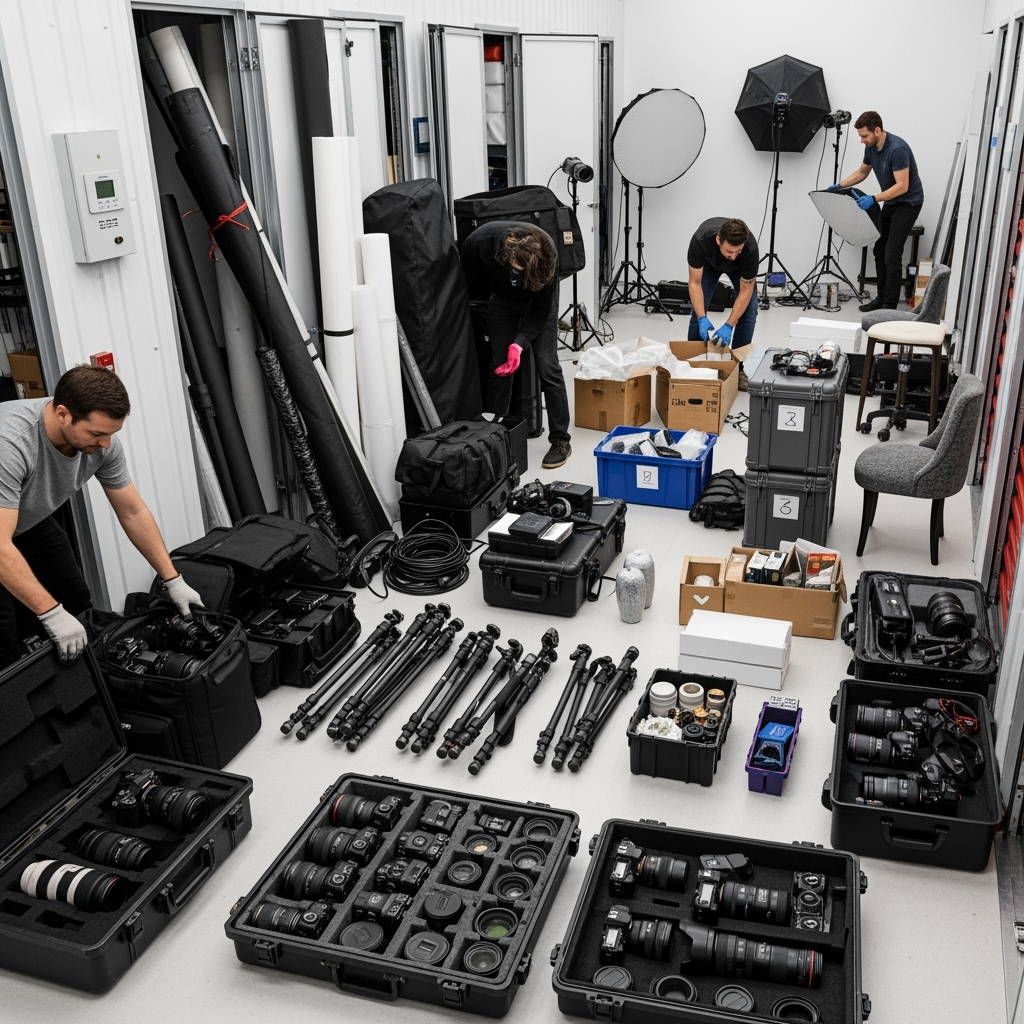
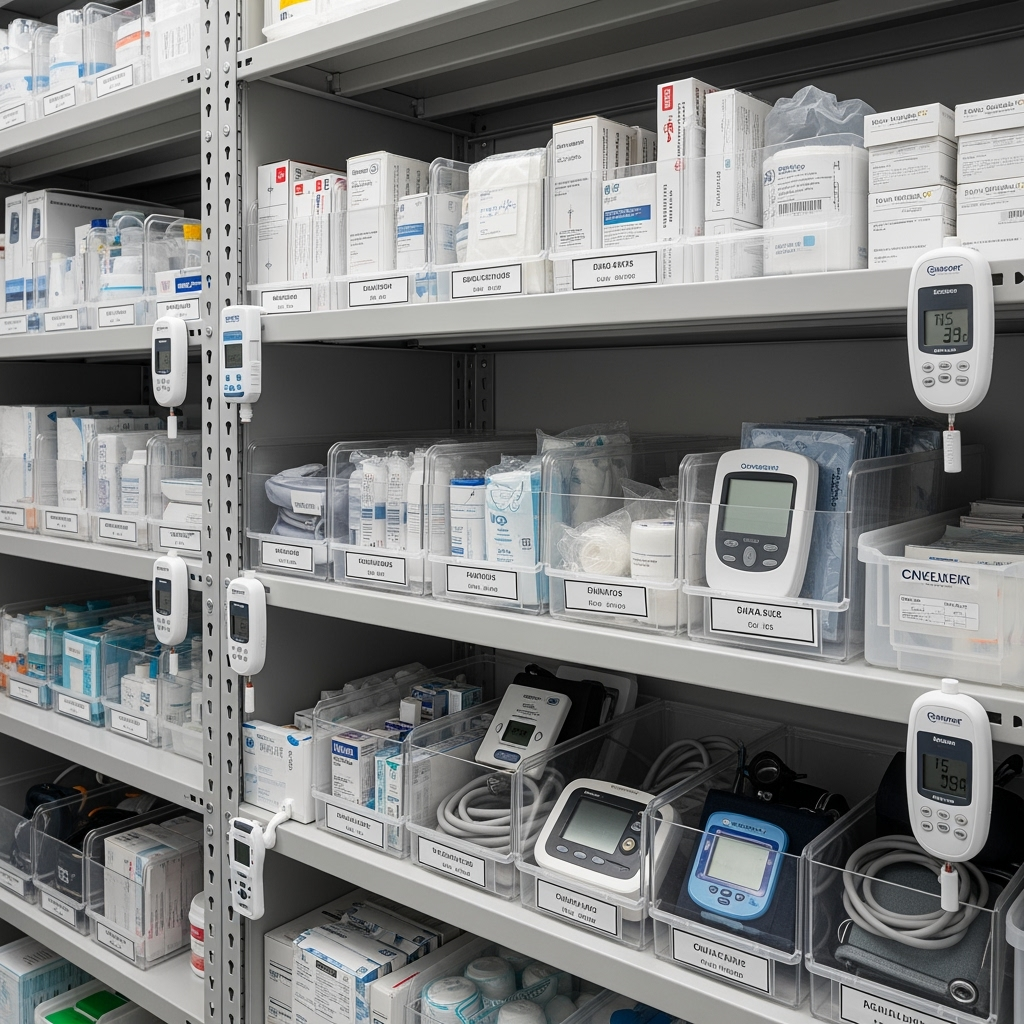
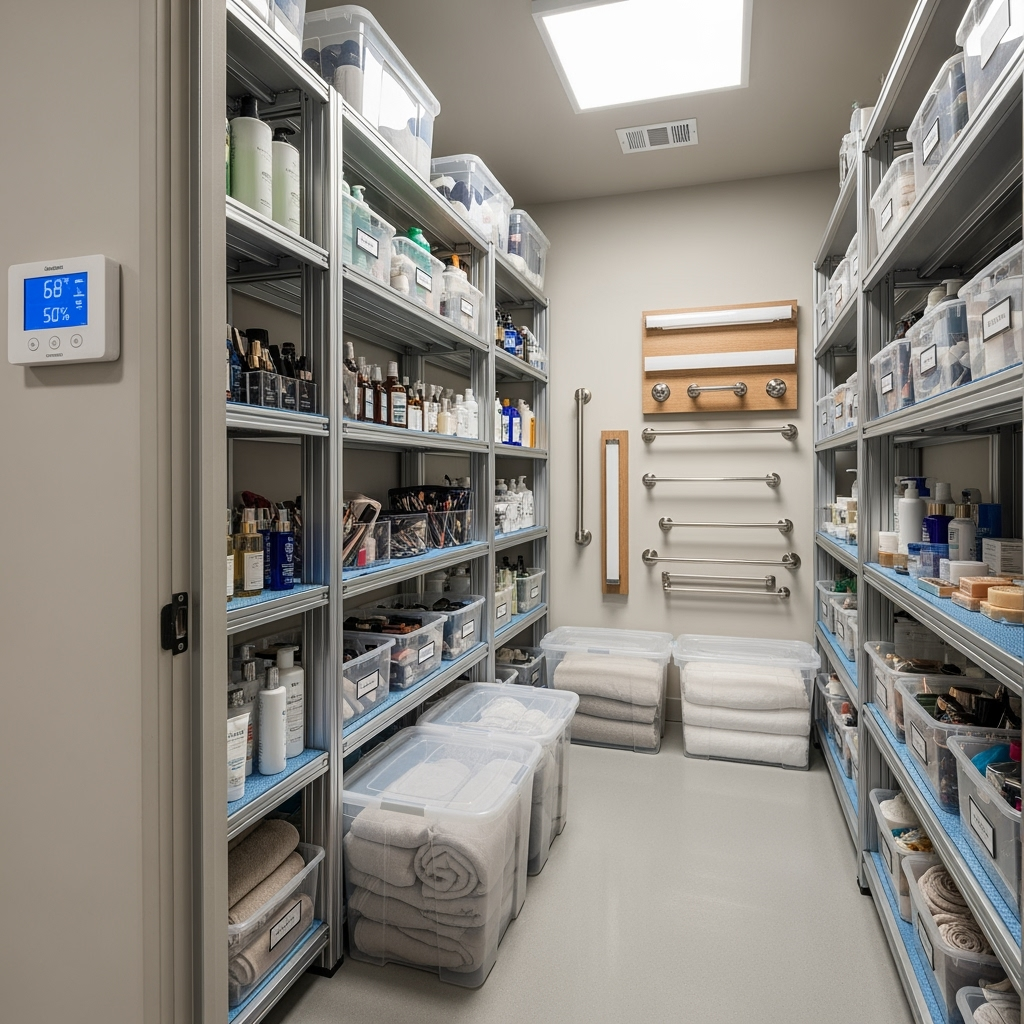
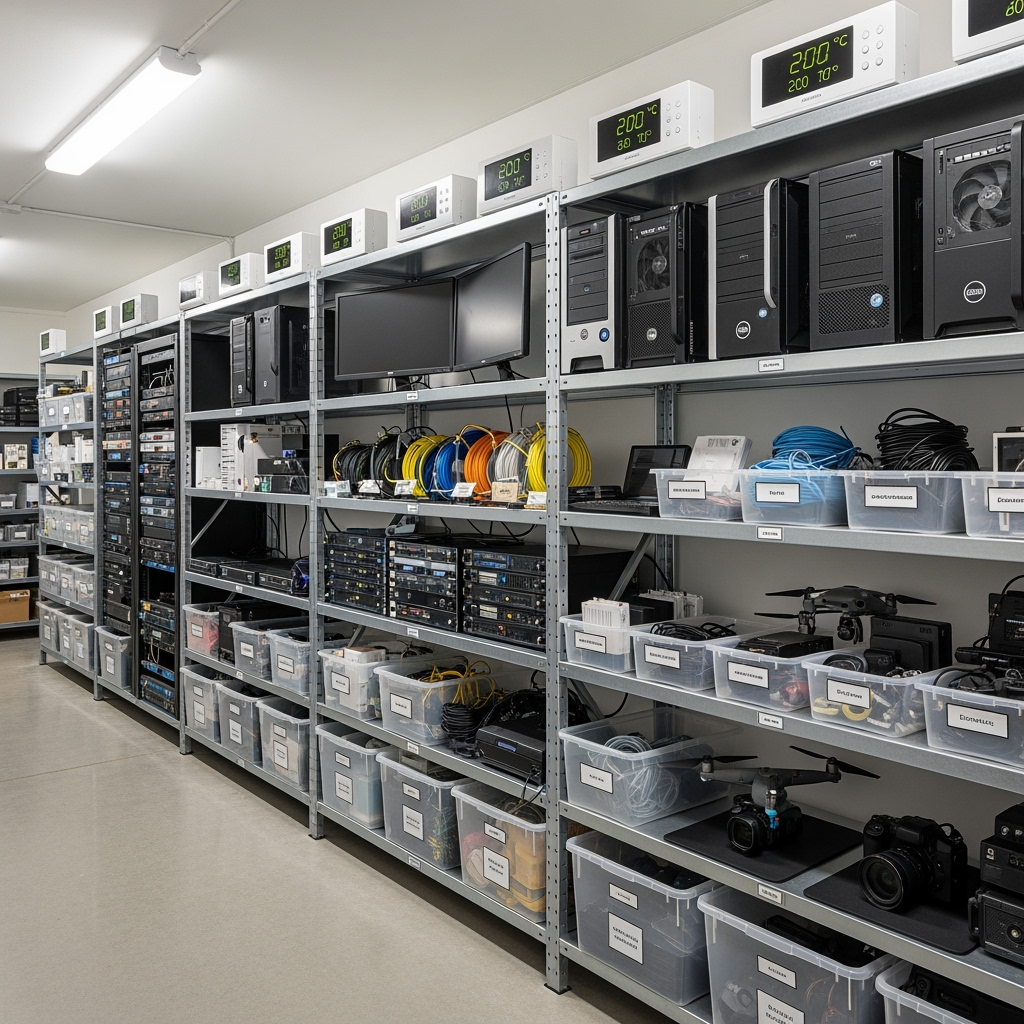

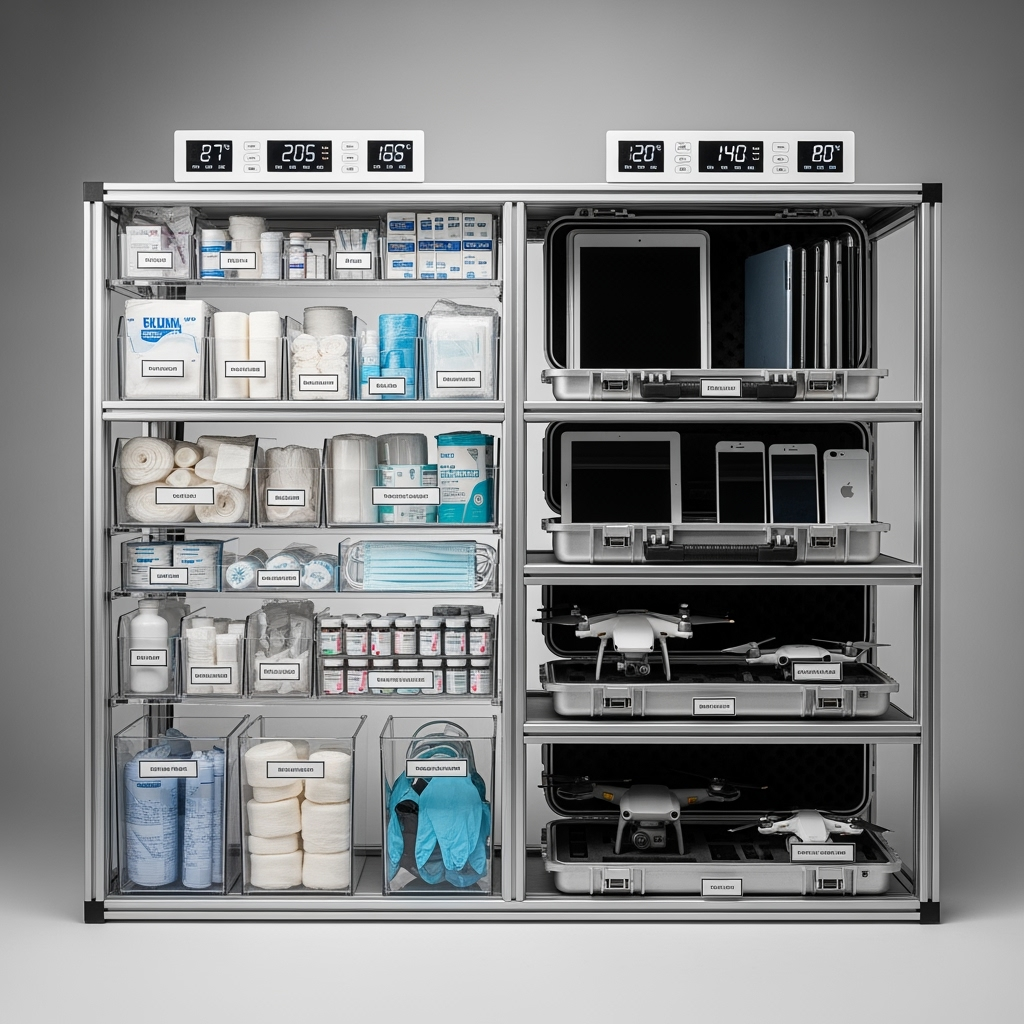
Leave a Reply